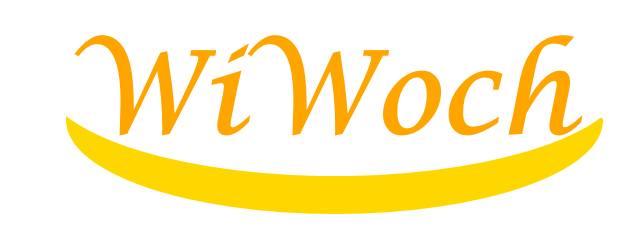In the rapidly evolving landscape of digital marketing, staying ahead of the curve is crucial. Nowhere is this more evident than in the world of Technical SEO (Search Engine Optimization), where innovations and trends continually reshape strategies for improving website visibility and performance in search engine rankings. As search engine algorithms become increasingly sophisticated, so too do the techniques employed by SEO professionals. In this article, we'll delve into some of the latest trends and innovations in Technical SEO that are reshaping the way websites are optimized for search engines. By understanding and incorporating these innovations, businesses can maintain a competitive edge in the ever-changing online arena.
Core Web Vitals and Page Experience
In May 2021, Google introduced Core Web Vitals as a pivotal ranking factor, placing significant emphasis on user experience metrics such as loading speed, interactivity, and visual stability. Websites that prioritize these factors tend to rank higher in search results, as Google aims to deliver the best possible experience for its users. Consequently, Technical SEO practitioners are increasingly focusing on optimizing these Core Web Vitals to ensure that websites not only meet but exceed user expectations. This entails meticulous attention to factors such as server response times, efficient resource loading, and minimizing render-blocking resources to enhance the overall page experience.
Mobile-First Indexing
With the majority of internet traffic now originating from mobile devices, Google has shifted to a mobile-first indexing approach, wherein it primarily utilizes the mobile version of a website's content for indexing and ranking. This paradigm shift underscores the paramount importance of mobile optimization in Technical SEO strategies. Ensuring responsive design, lightning-fast loading times, and intuitive mobile-friendly navigation is essential for maintaining visibility in search results. Moreover, optimizing content for local search and leveraging features such as Google's Accelerated Mobile Pages (AMP) further enhances a website's mobile performance and search rankings.
Page Speed Optimization
Page speed has long been acknowledged as a critical component of search engine optimization (SEO), having a significant impact on bounce rates, user experience, and search engine results. Experts in technical SEO from Sydney continue to place a high premium on optimizing page performance since visitors in this day and age want rapid access to information. To increase page speed and overall website performance, tactics including reducing server response times, optimizing pictures and files, and utilizing browser caching are crucial. Using strategies like lazy loading and postponing non-essential JavaScript can also speed up website loads and improve user experience, which will eventually boost search engine results and increase conversion rates.
Structured Data Markup
Structured data markup, based on the Schema.org vocabulary, provides search engines with additional context about the content on a website. By incorporating structured data markup, website owners can help search engines better understand and interpret their content, potentially leading to rich snippets or enhanced search results. This can significantly improve a website's visibility and click-through rates, making it a highly valuable tactic in Technical SEO. Leveraging structured data markup for various content types, including articles, recipes, events, and products, can amplify a website's presence in search engine results pages (SERPs) and drive targeted traffic.
JavaScript SEO
As more websites utilize JavaScript frameworks for dynamic content rendering, JavaScript SEO has emerged as a critical aspect of Technical SEO. While search engines have improved capabilities to crawl and render JavaScript-heavy websites, challenges still exist. Optimizing JavaScript-rendered content for search visibility requires addressing rendering issues, implementing pre-rendering techniques, and ensuring compatibility with search engine crawlers. Additionally, optimizing site architecture and internal linking structures can facilitate the discovery and indexing of JavaScript-generated content, thereby enhancing overall search engine visibility and ranking potential.
Security and HTTPS
Website security is not only imperative for safeguarding user data but also influences search engine rankings. Google has been actively promoting a more secure web by giving preferential treatment to HTTPS-enabled websites in search results. Implementing HTTPS encryption not only enhances user trust but also signals to search engines that a website is safe and credible, positively impacting its visibility and rankings. Furthermore, securing websites against common vulnerabilities such as cross-site scripting (XSS) and SQL injection not only protects user data but also fosters trust and confidence among visitors, contributing to improved search engine performance and sustained organic traffic growth.
In the dynamic and ever-evolving landscape of Technical SEO, keeping abreast of emerging trends and innovations is paramount for maintaining a competitive edge. From prioritizing Core Web Vitals and mobile optimization to embracing structured data markup and voice search optimization, the field of Technical SEO continues to evolve in response to changes in search engine algorithms and user behavior. By incorporating these key innovations into their strategies, businesses can enhance their online visibility, attract more organic traffic, and ultimately achieve their digital marketing objectives in an increasingly competitive online environment. Adapting to these advancements ensures that websites not only meet but exceed user expectations, fostering sustained growth and success in the digital realm.

 Change Language
Change Language